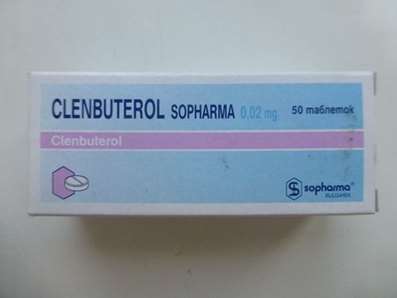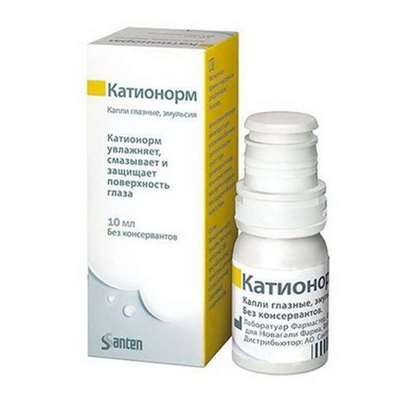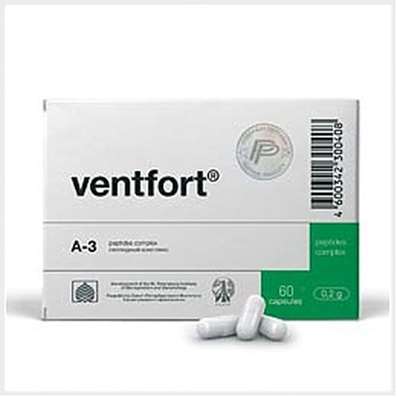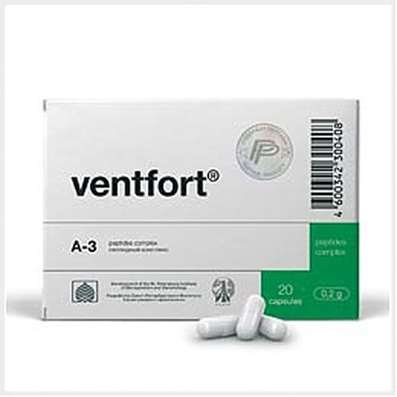Instruction for use: BayRho-D
I want this, give me price
Dosage form: Solution for intramuscular injection
Active substance:
Immune globulin human antirhesus Rho[D]
ATX
J06BB01 Human immunoglobulin Rh rresistant Rho (D)
Pharmacological group
Immunoglobulins
Nosological classification (ICD-10)
O90.8 Other complications of the postpartum period, not elsewhere classified: Lochiometer; Pyelonephritis after childbirth
P96.4 Termination of pregnancy, effects on the fetus and newborn
Composition and release form
Solution for intramuscular administration 1 dose
Immunoglobulin 300 μg
Excipients: glycine; water for injections
In single-dose vials or syringes; In a pack of cardboard 1, 5 or 50 bottles or syringes.
Description of dosage form
Transparent or slightly opalescent liquid, colorless or slightly yellow in color, without foreign inclusions. During storage, a slight deposit may appear, disappearing when the preparation is shaken at a temperature of 20 ± 2 ° C.
Characteristic
Immunologically active protein fraction isolated from human plasma or donor sera tested for the absence of antibodies to human immunodeficiency virus (HIV-1, HIV-2), hepatitis C virus and hepatitis B surface antigen. The drug is prepared using four effective methods of removal / Inactivation of viruses, incl. Solvent / detergent.
The active component of the drug is immunoglobulin G, which contains incomplete anti-Rho (D) -antibodies.
Pharmachologic effect
Mode action - immunostimulating.
Prevents isoimmunization in a Rh-negative organism of a woman who has been exposed to Rh-positive blood as a result of fetal blood flow into the bloodstream of the mother at the birth of a Rh-positive child, with abortion (both spontaneous and artificial), in case of amniocentesis or injuries Abdominal cavity during pregnancy.
With the introduction of human immunoglobulin, the Rhres (D) antiresus within 72 hours after the birth of a fully rhesus-positive child with a Rh-negative mother, the frequency of Rh-isoimmunization is reduced from 12-13% to 1-2%. Further reduction in the frequency of isoimmunization to less than 0.1% is possible due to a two-fold administration of the drug: at the gestational age of 28 weeks, and the second after delivery.
Pharmacokinetics
Cmax antibodies in the blood are reached after 24 hours; T1 / 2 - 4-5 weeks.
Indications of the preparation BayRho-D
Immunoglobulin of human antiresus Rho (D) is used in Rh-negative women not sensitized to the Rho (D) antigen (ie, in the absence of Rh antibodies) under the condition of: pregnancy and the birth of a Rh-positive child, with artificial and spontaneous abortion, With the interruption of ectopic pregnancy, with the threat of termination of pregnancy at any time, after an amniocentesis and other procedures associated with the risk of fetal blood flow into the bloodstream of the mother, as well as when receiving an abdominal injury.
Contraindications
Hypersensitivity. Do not administer the drug to the newborn.
The introduction is contraindicated Rh-positive puerperas, as well as Rh-negative puerperas, sensitized to the Rho (D) antigen, in the serum of which Rhesus antibodies are found.
Side effects
Reactions to the administration of human immunoglobulin Rhres (D) antiresus are rare in Rhesus-negative people and they consist primarily in minor soreness at the injection site, as well as in a slight increase in temperature.
Interaction
Possible simultaneous use with other drugs, in particular antibiotics.
Dosing and Administration
It is entered IM.
Prior to the introduction, the package with the preparation is kept for 2 hours at room temperature (20 ± 2) ° C. To avoid foaming, the drug is drawn into the syringe with a needle with a wide opening. The drug in the opened vial is not subject to storage.
Enter a single dose of 1 dose (300 mcg) or 2 doses (600 mcg): the puerpera during the first 72 h after delivery; With the artificial termination of pregnancy immediately after the termination of the operation.
The following criteria must be observed:
1. The mother must be Rh-negative and should not already be sensitized to the Rho (D) factor.
2. Her child should be Rh-positive.
If the drug is administered before the birth, it is essential that the mother receives another 1 dose of the drug after the birth of the Rh-positive child within 72 hours after delivery. If it is determined that the father is Rh-negative, there is no need to administer the drug.
Pregnancy and other conditions associated with pregnancy and childbirth.
1. Prophylaxis in the postpartum period - 1 dose (300 mcg), preferably within 72 h after delivery. The need for a certain dose in the case of the passage of the full term of pregnancy varies depending on the volume of fetal blood that has entered the mother's bloodstream.
One dose (300 μg) contains enough antibodies to prevent sensitization to the Rh factor if the volume of erythrocytes of the fetus that has entered the bloodstream of the mother does not exceed 15 ml. In cases where a larger amount of fetal erythrocytes is expected to enter the bloodstream of the mother (more than 30 ml of whole blood or more than 15 ml of fetal erythrocytes), the fetal erythrocyte count should be counted using an approved laboratory procedure (for example the modified acid washing-staining method according to Kleihauer and Bethke ) To establish the necessary dosage of immunoglobulin.
The calculated volume of erythrocytes of the fetus, which got into the mother's bloodstream, is divided into 15 ml and the number of doses of the preparation necessary for administration is obtained. If more than 15 ml of fetal erythrocytes are expected or a fraction is obtained as a result of the calculation of the dose, the number of doses should be rounded up to the next whole number upwards (for example, 2 doses (600 μg) of the drug are given in the result of 1.4.
2. Pre-natal prophylaxis - 1 dose (300 mcg) at about 28 weeks of gestation. Then it is necessary to introduce another 1 dose (300 mcg), preferably within 72 hours after birth, if the child is born to be Rh-positive.
3. In case of continuation of pregnancy after occurrence of threat of abortion at any term of pregnancy 1 dose (300 mkg) is entered. If a mother is expected to enter the bloodstream of more than 15 ml of fetal erythrocytes, the dose should be changed as described in paragraph 1 above.
4. After the interruption of an ectopic pregnancy, spontaneous or induced abortion at a gestation period of more than 13 weeks, the administration of 1 dose (300 μg) is recommended. If there is a suspicion of entering the bloodstream of a mother over 15 ml of erythrocytes of the fetus, the dose should be changed, as described in paragraph 1. If the pregnancy is interrupted for less than 13 weeks, a single dose of the drug may be used (approximately 50 μg).
5. After an amniocentesis or 15-18 weeks of pregnancy, or during the third trimester of pregnancy, or if an abdominal injury occurs during the II and / or III trimester, 1 dose (300 μg) is recommended. If there is a suspicion of getting into the mother's bloodstream more than 15 ml of fetal erythrocytes, the dose should be changed, as described in paragraph 1.
If a trauma of the abdominal cavity organs, amniocentesis or other unfavorable circumstance requires the drug administration at the term of 13-18 weeks of pregnancy, one more dose (300 micrograms) should be administered at the term of 26-28 weeks.
To maintain protection throughout pregnancy, the level of passively received antibodies to Rho (D) should not fall below the level necessary to prevent an immune response to Rh-positive red blood cells. If childbirth occurs within 3 weeks after receiving the last dose, the postpartum dose can be canceled (except in cases where over 15 ml of fetal erythrocytes have entered the bloodstream of the mother).
Special instructions
In children born from women who received immunoglobulin human anti-Rhus (D) before birth, at birth it is possible to obtain poorly positive results of direct tests for the presence of antiglobulin. In the mother's blood serum, antibodies to Rho (D) obtained by the passive pathway can be detected if antibody screening tests are performed after prenatal or postnatal immunoglobulin administration of an antiresus Rho (D).
Immunization of women with live vaccines should be carried out no earlier than 3 months after the introduction of immunoglobulin antiresus.
Unsuitable for use in vials and syringes with broken integrity or marking, with a change in physical properties (discoloration, cloudiness of solution, the presence of unbreakable flakes), with improper storage.
Transportation is carried out by any kind of covered transport at a temperature of 2-8 ° C.
Manufacturer
Bayer Corporation Biological Products.
Storage conditions of the drug BayRho-D
In the dark place at a temperature of 2-8 ° C.
Keep out of the reach of children.
Shelf life of the drug BayRho-D
Solution for intramuscular injection 300 mcg - 2 years.
Solution for intramuscular injection 1500 IU - 3 years.
Do not use after the expiry date printed on the package.

 Cart
Cart





